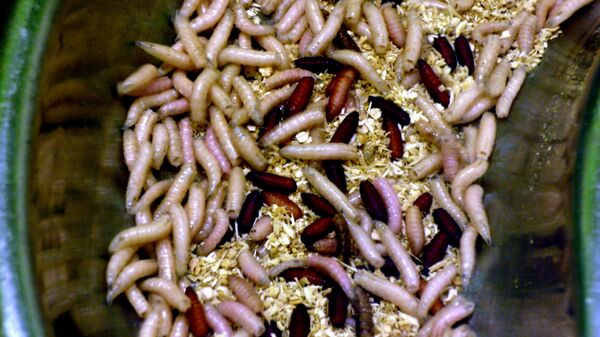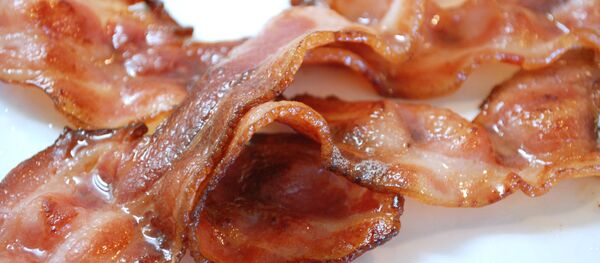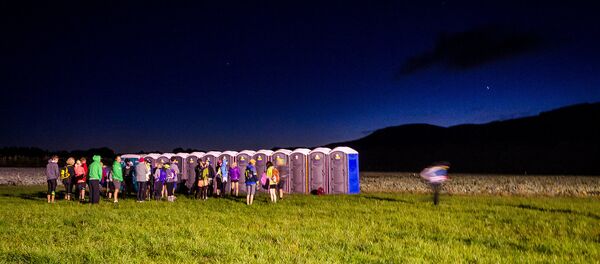"It's like swatting two flies in one go, if you're going to get witty. We are about to replace eco-unfriendly feed and as a bonus make a profit on waste management," Björn Vinnerås, an associate professor of recycling technology at SLU, told Swedish Radio.
From SLU's own test facility in Uppsala, where maggots consume one kilogram of food waste per day, the project will be now scaled up to a pilot plant, where at least one ton per day will be consumed.
"To go through a ton, we will need about a half a million larvae each day," Björn Vinnerås remarked.
"We can double the income by getting a product that has a high commercial value. Proteins fetch a high price today on the world market," Björn Vinnerås said, claiming animal feed from maggots to be more sustainable than soya beans or fish flour.
There is only one problem, and it's a legal one. Today, it is still prohibited in the EU to feed farmed animals insects reared on animal substances. Nevertheless, Vinnerås is looking forward to an amendment of the legislation, due to a lot of pressure against EU lawmakers from agriculturalists, who would like to use insects as a cheap protein supplement.
The pilot plant will be completed this autumn, thanks to funding from Eskilstuna Energy and the Swedish Environmental Protection Agency.
Never miss a story again — sign up to our Telegram channel and we'll keep you up to speed!




